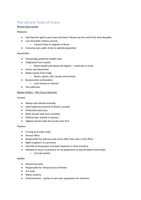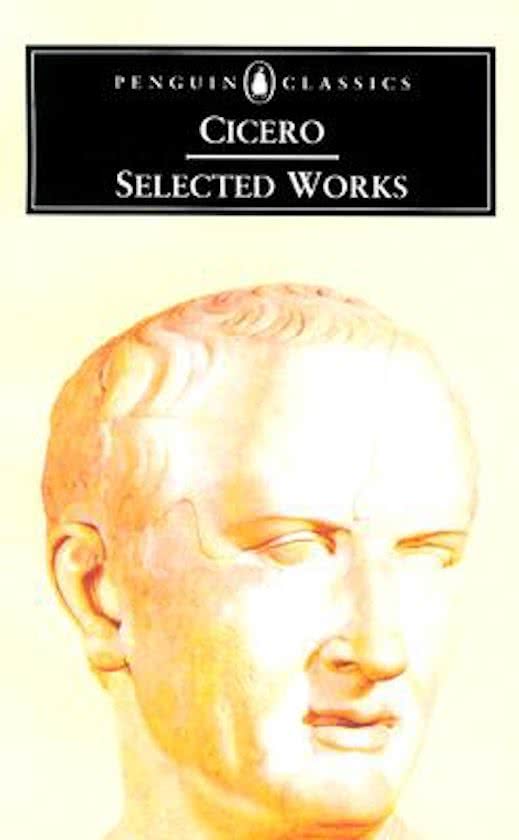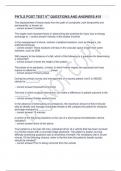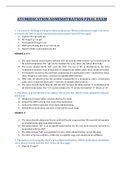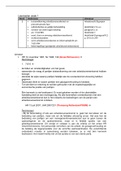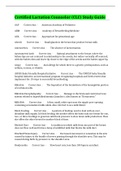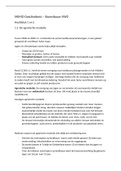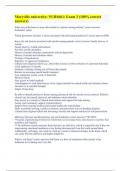Class notes
Complete notes on The Life and Times of Cicero
- Course
- Institution
- Book
Chronologically ordered notes of the life and times of Cicero. These notes cover the hierarchy of Roman Society, the early life of Cicero, his political career and family life, along with notable events and laws passed at the time, such as the Catiline Conspiracy and the fall of Julius Caesar. I f...
[Show more]
